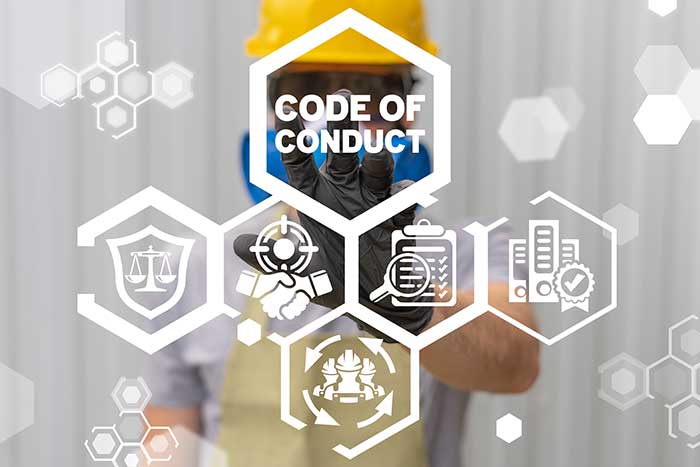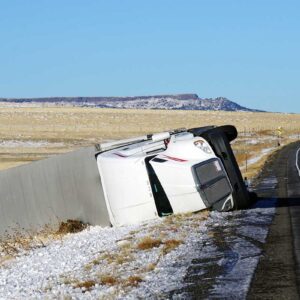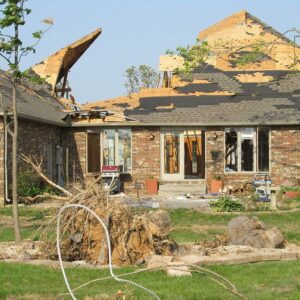Description
The ASCE Code of Ethics (Appendix A) provides guidance for engineers’ personal and professional conduct. The first canon of the code of ethics, holding “paramount the safety, health, and welfare of the public,” should be at the forefront of all decisions, designs, and execution of responsibilities. The remaining six canons amplify the importance of Canon 1 and further describe a professional engineer’s responsibility not only to the public but also to his/her clients, employers, and other members of the engineering profession. Addressing the issues of all of these constituencies is essential to ensure the continued safety and quality of life of the public into the future, as well as to earn and sustain public trust and support for professional engineers in the efficient, safe, and economical performance of their duties.
This course includes a multiple-choice quiz at the end and is intended to provide 2 hours of professional development.
LEARNING OBJECTIVES
At the conclusion of this course, the student will have learned or been exposed to
the following:
- Conflict of Interest
- Ensuring Legal Compliance
- Employee and Public Safety
- Workplace Quality
- Use and Protection of Employer’s Assets
- Maintaining Accurate and Complete Records
- Gifts, Meals, Services, and Entertainment
- Confidential or Proprietary Information
- Outside Employment/Activities
- Purchases of Goods and Services
- Bribes and Kickbacks
- Relationships with Competitors
- Relationships with Clients, Outside Contractors, and Consultants
- Environmental Protection
- Whistle Blowing
- The Role of the ASCE Member
- The Role of Management
- The Role of the ASCE Committee on Professional Conduct (CPC)
- Fundamental Principles
- Fundamental Canons
- Guidelines to Practice Under the Fundamental Canons of Ethics









